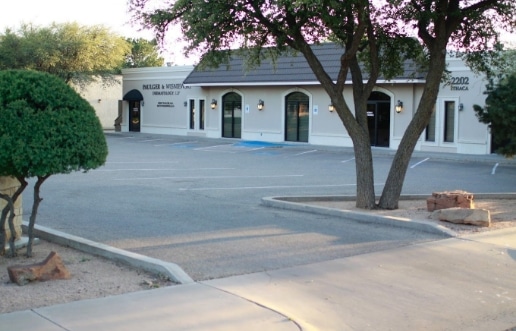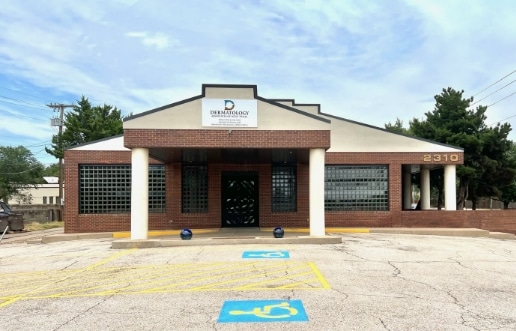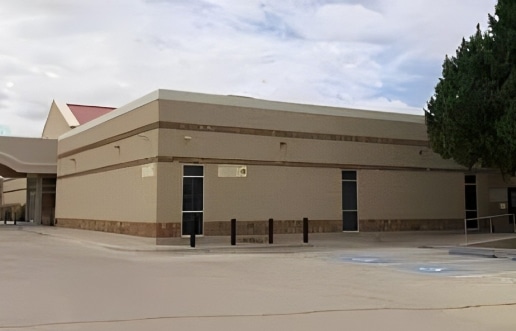
What Makes Mohs Surgery Different?
Mohs surgery is known for its precision. During the procedure, your dermatologic surgeon precisely removes cancerous tissue one layer at a time.
They examine each layer under a microscope on-site before removing more tissue. This process continues until only healthy cells remain.
The Mohs approach helps ensure complete cancer cell removal while keeping as much healthy skin as possible intact.
Traditional cancer excision procedures, on the other hand, involve cutting out the visible tumor along with a “safety” margin of surrounding tissue. Although traditional excision is effective, it doesn’t offer the same level of microscopic margin control as Mohs.
When Mohs Is the Better Option
We may recommend Mohs surgery over traditional skin cancer removal when:
- The diagnosis is BCC or SCC: Basal cell carcinoma (BCC) or squamous cell carcinoma (SCC) are the two types typically treated successfully with Mohs surgery. Although it’s less common, Mohs could be an option for melanoma in situ, in which the cancer is limited to the top layer of skin and has not spread.
- The cancer is in a cosmetically sensitive area: BSC and SCC typically appear in the areas that get the most sun exposure. Often, that means patients have lesions in highly delicate areas such as the nose, eyelids, ears, lips, or hands, where preserving appearance and function is important.
- The skin cancer is large, aggressive, or recurring: Mohs is excellent for high-risk or previously treated cancers because it takes a very comprehensive approach to removing every cancer cell.
If your skin cancer falls into one of these categories, Mohs may offer the highest cure rate with the least tissue loss.
Mohs Surgery in Lubbock or Denver City
If you have skin cancer, talk with our compassionate experts about solutions. Call us at 806-797-1202 to schedule an appointment in Lubbock or Denver City.



